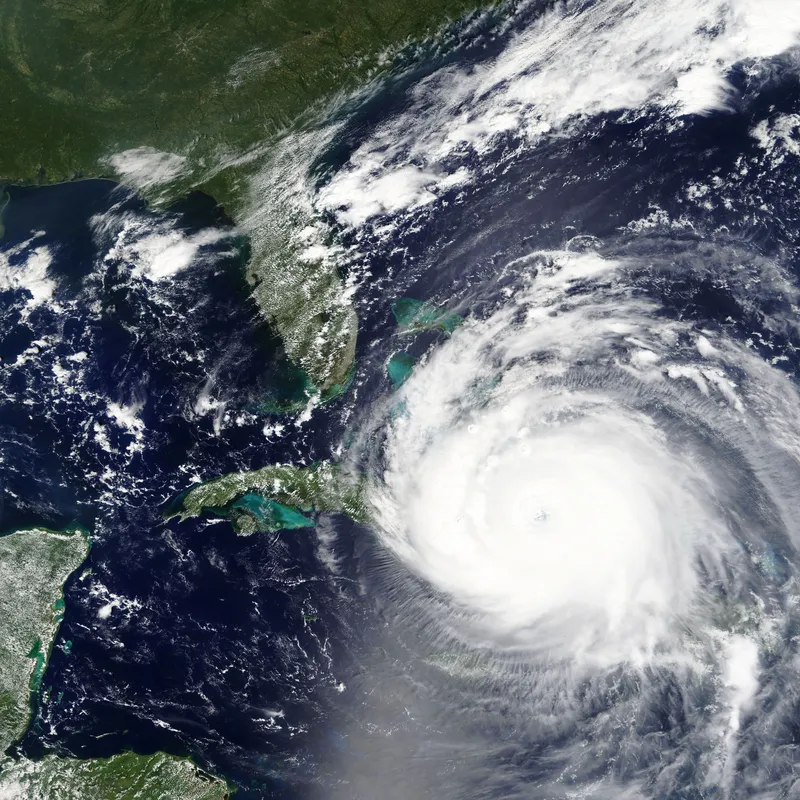
US transport authorities have put in place emergency preparations as Hurricane Idalia makes landfall in Florida.
The 125mph winds in the Category 3 storm carry a threat to life and property.
Florida Department of Transportation (FDoT) says it has opened the maximum amount of lanes possible within construction zones "to ensure mobility in impact areas".
Contractors on these construction projects were tasked with securing work sites, clearing traffic control devices that are not actively being used to direct traffic, and checking drainage systems.
Tolls have also been suspended by FDoT in facilities within the projected path of the storm.
Meanwhile, Georgia DoT says its transportation management centre is monitoring road conditions statewide as the hurricane is projected to hit several counties in the south central and south-east parts of the state.
All construction work in southern and coastal Georgia has been suspended, including everything at the I-16/I-95 interchange.
“We urge motorists to pay attention to warnings and advisories to stay off the roads due to the potential for tornadoes, extreme high winds, flash flooding and downed trees,” says Emily Fish, Georgia DoT’s assistant state maintenance engineer – emergency operations.
Motorists should be prepared to turn around when encountering water in the road and must not drive around barricades, the agency insists.










